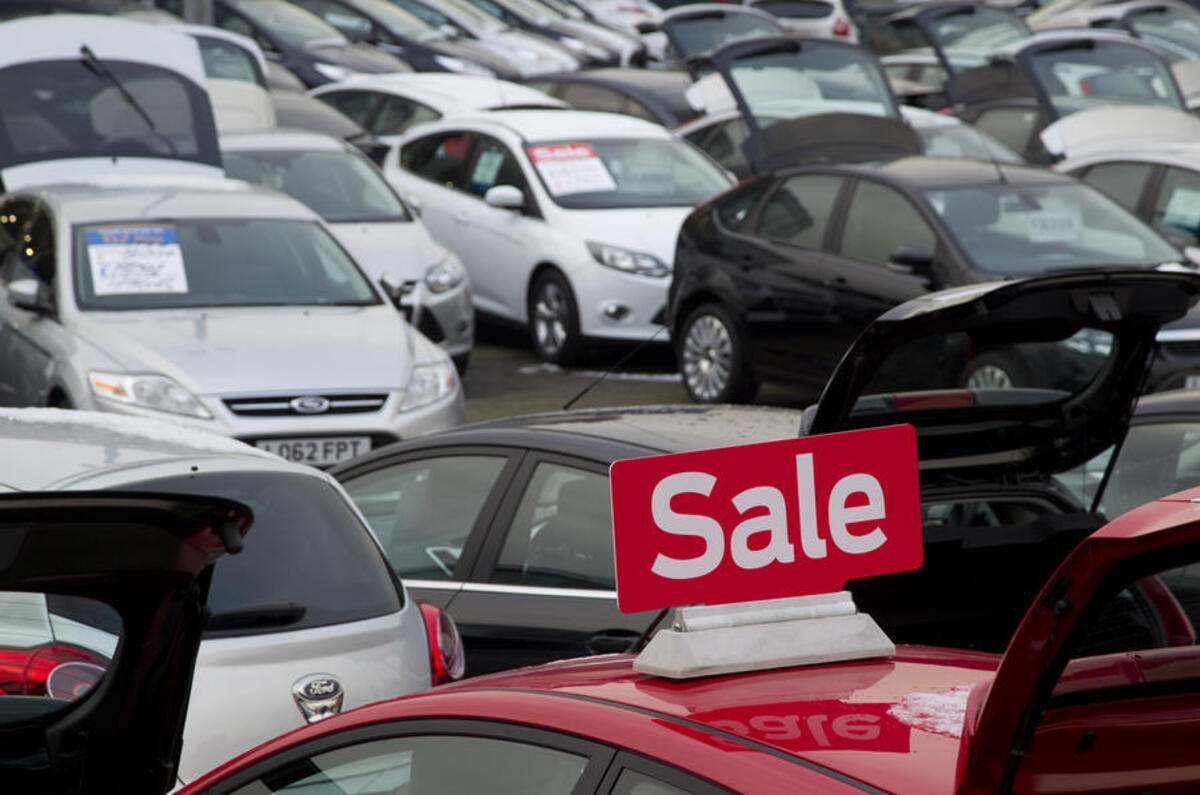Used car prices are expected to stabilise in 2024 following a turbulent end to this year, as the market’s period of strong post-Covid values came to an end.
Wholesale trade prices fell by 4.2% both in October and November, according to Cap HPI. In an announcement on 6 November, the firm cautioned that the market was moving “very quickly” and said values had fallen a further 1.5% in the 10 days since its 27 October update but described the overall move as a “realignment” after a prolonged period of inflated used car prices, which first started to soften in April.




Add your comment